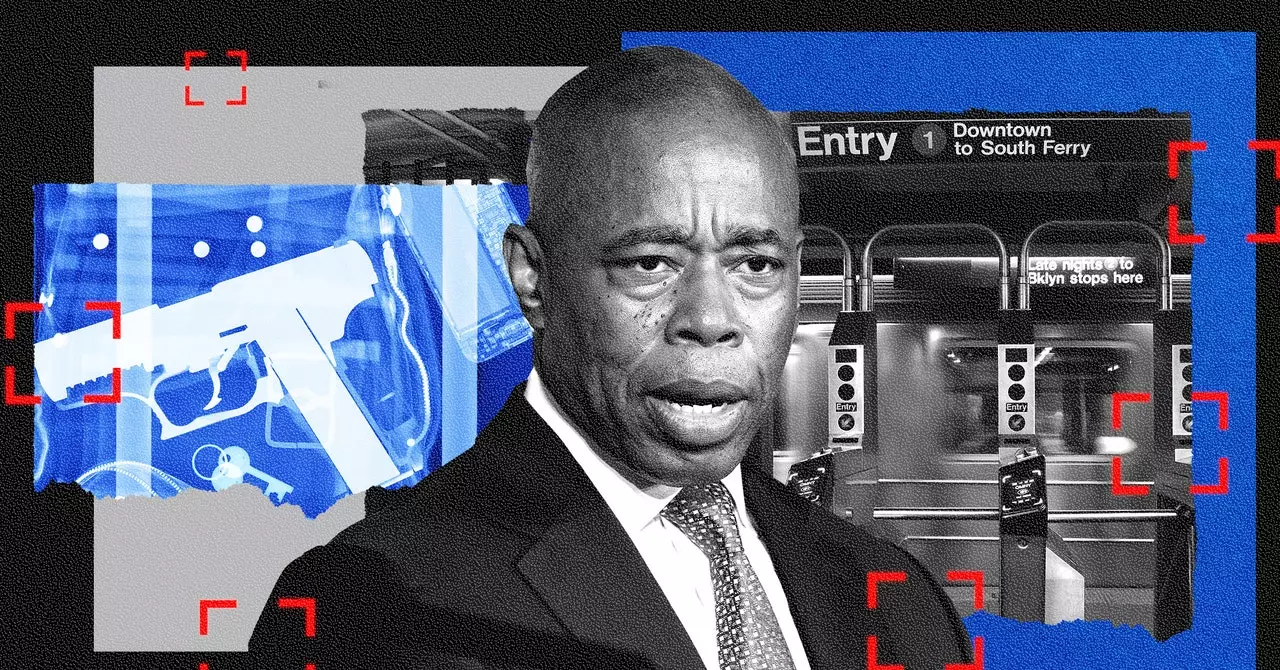Evolv’s connections with former members of the NYPD raise serious concerns about the nature of their network. The overlap with individuals like Adams, Banks, and D’Orazio, all with ties to law enforcement, create a potential conflict of interest. The fact that a significant portion of Evolv’s sales team consists of former police officers raises questions about the company’s marketing strategies and potential biases in selling their technology.
Despite claims by Evolv’s CEO about the effectiveness of their scanners, civil rights and technology experts believe otherwise. Utilizing Evolv’s technology in subway stations is seen as a futile effort by many, with Albert Fox Cahn even going as far as calling it “Mickey Mouse public safety.” The sheer scale of the NYC subway system, with 472 stations and 3.6 million daily riders, makes it nearly impossible for Evolv’s scanners to be deployed effectively. As pointed out by Sarah Kaufman, Evolv would have to cover every single entrance to the subway system, resulting in massive monitoring processes that seem unfeasible.
The deployment of Evolv’s technology in subway stations not only raises questions about its effectiveness but also about the implications for daily commuters. The vague policies surrounding the use of weapons-detection technology in the subway put a heavy emphasis on police officers, which could lead to invasive and inconvenient searches for passengers. With an estimated 360,000 searches a day if every 10th passenger were to be stopped, the potential for violations of privacy and increased police presence becomes a real concern.
Evolv’s scanners have also faced criticisms in school settings, where they have failed to detect weapons and guns on multiple occasions. Internal emails obtained from a large school district reveal how ordinary objects were mistaken for potential threats by the scanners. This raises doubts about the reliability of Evolv’s technology and the potential risks of false alarms in high-pressure environments like schools.
The connections between Evolv and former members of the NYPD, the questionable effectiveness of their technology, privacy concerns, and failures in school deployments paint a worrying picture of the company’s operations. The push to pilot Evolv’s technology in the NYC subway system should be met with skepticism and critical analysis to ensure the safety and privacy of all individuals using public transportation. It is essential for city officials and decision-makers to consider the potential implications of implementing such technology and prioritize the well-being of commuters and students.


Leave a Reply